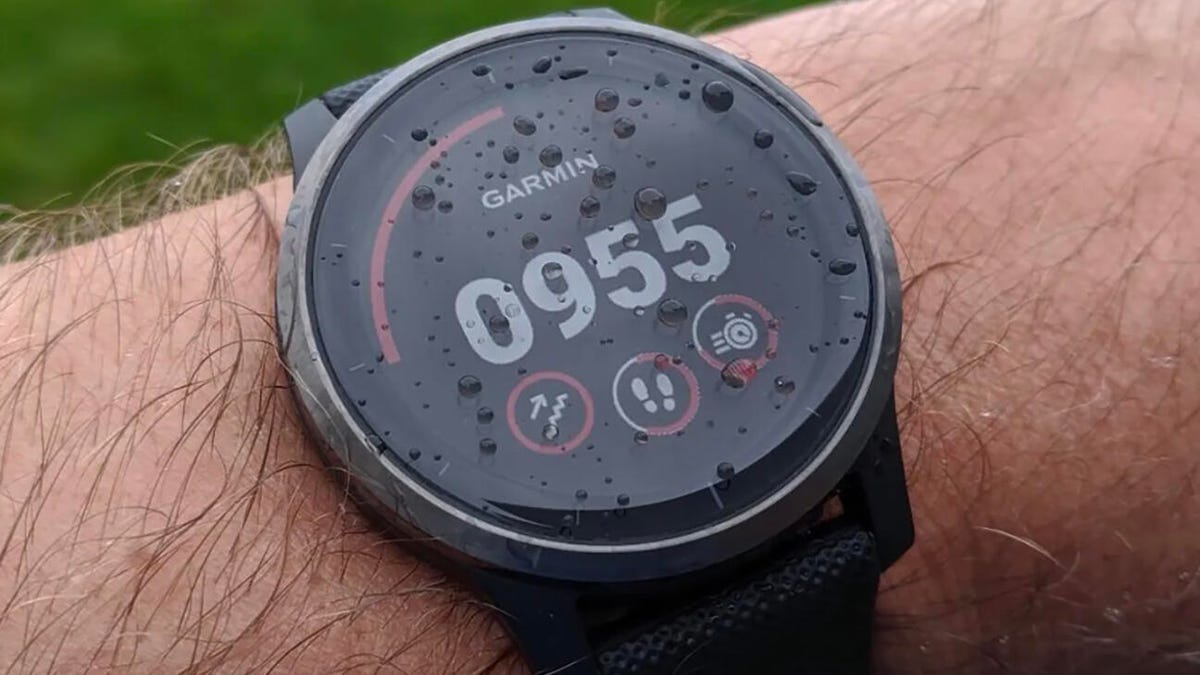UK Biobank has “strongly” refuted claims that researchers from a ‘race science’ network accessed volunteers’ sensitive health information.
A report published in The Guardian on 17 October 2024 said that undercover footage, taken by anti-racism group Hope Not Hate in October 2023, captures members of the fringe network saying that they have obtained a “large” amount of data from the large-scale biomedical database.
The ‘race science’ network is a right-wing group which seeks to influence public debate with discredited ideas on race and eugenics, suggesting the genetic superiority of certain ethnic groups.
However, a statement on the UK Biobank website, published on 17 October, says that claims that the network accessed data are “unfounded” and its own investigation “found no evidence of misuse” of data.
UK Biobank is a research resource, founded by the Department of Health and medical charities, which contains de-identified genetic, lifestyle and health information and biological samples from half a million UK participants.
Volunteers give consent for their health data to be used, with identifying details removed, for health-related research purposes in the public interest.
Health data is globally accessible to approved researchers to help advance medicine and enable better understanding of the prevention, diagnosis, and treatment of serious and life-threatening illnesses, including cancer, heart disease and stroke.
UK Biobank said in its statement: “The findings should not cause harm, such as perpetuate stereotypes about certain groups, and we do not allow researchers to use UK Biobank data for so-called ‘race science’.”
It added that it has “strict procedures in place to prevent deliberate or accidental misuse of the data, including in-depth vetting of each applicant to ensure that only bona fide researchers are approved to access UK Biobank data”.
Researchers must sign a legally binding agreement before accessing the data, stipulating that they are not allowed to share the data and the data must be securely stored, processed and deleted after use.
Professor Sir Rory Collins, principal investigator and chief executive of UK Biobank, said that an “extensive investigation”, including a third-party search of the internet and dark web, had found “no evidence of these data being available to unapproved researchers”.
“We are confident that our access procedures are working, but sadly we operate in a world where unethical people will seek to undermine this.
“However, the most likely conclusion of the evidence is that these individuals are using publicly available summary data,” he said.
Jabeer Butt, chief executive of the Race Equality Foundation, told Digital Health News: “Those seeking to revive race science share the same ideology as the racists who once provided justification for colonialism, slavery, the Nazis, and others who treated black and brown people appallingly.
“The aim of this new race science is no different and must be resisted with the full force of the law.”
Patient privacy campaign group, MediConfidential said in a statement: “We are aware of media reports about an unfolding catastrophe at the UK Biobank, and are awaiting more information to be in the public domain.
“Losing the DNA, medical history, and wider contributions would be a catastrophe with existential consequences for any Biobank.”






/cdn.vox-cdn.com/uploads/chorus_asset/file/24665619/GFN_Thursday_GeForce_NOW_Microsoft.jpg)

/cdn.vox-cdn.com/uploads/chorus_asset/file/23951363/STK072_VRG_Illo_N_Barclay_2_netflix.jpg)


